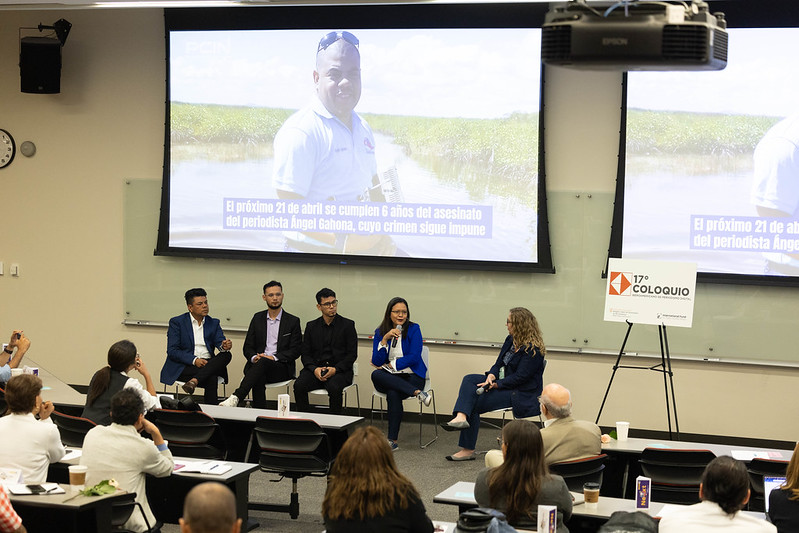
The situation experienced by Nicaraguan journalists is one of the worst in the region, and was at the center of the debate, alongside examples of resistance and perseverance in the face of adversity, during the panel “Journalism in Nicaragua” at the 17th Ibero-American Colloquium on Digital Journalism.

The rise of artificial intelligence and other new technologies presents opportunities and challenges for journalists and communicators during elections. As a record number of people worldwide prepare to go to the polls this year, the need to understand the impact of technology on democratic processes has never been more urgent. To prepare key stakeholders for […]

Argentine journalist Carlos Lauría will take over as executive director of the Inter American Press Association on Nov. 12. In an interview with LJR, he spoke about the challenges that lie ahead and his goals in supporting press freedom and media empowerment in the region.

Registration is still open for the massive online course “International Legal Framework on Freedom of Expression” offered in Portuguese by the University of Texas’ Knight Center for Journalism in the Americas and UNESCO. This four-week massive open online course (MOOC) began Monday, Sept. 11, and will continue until Oct. 8.
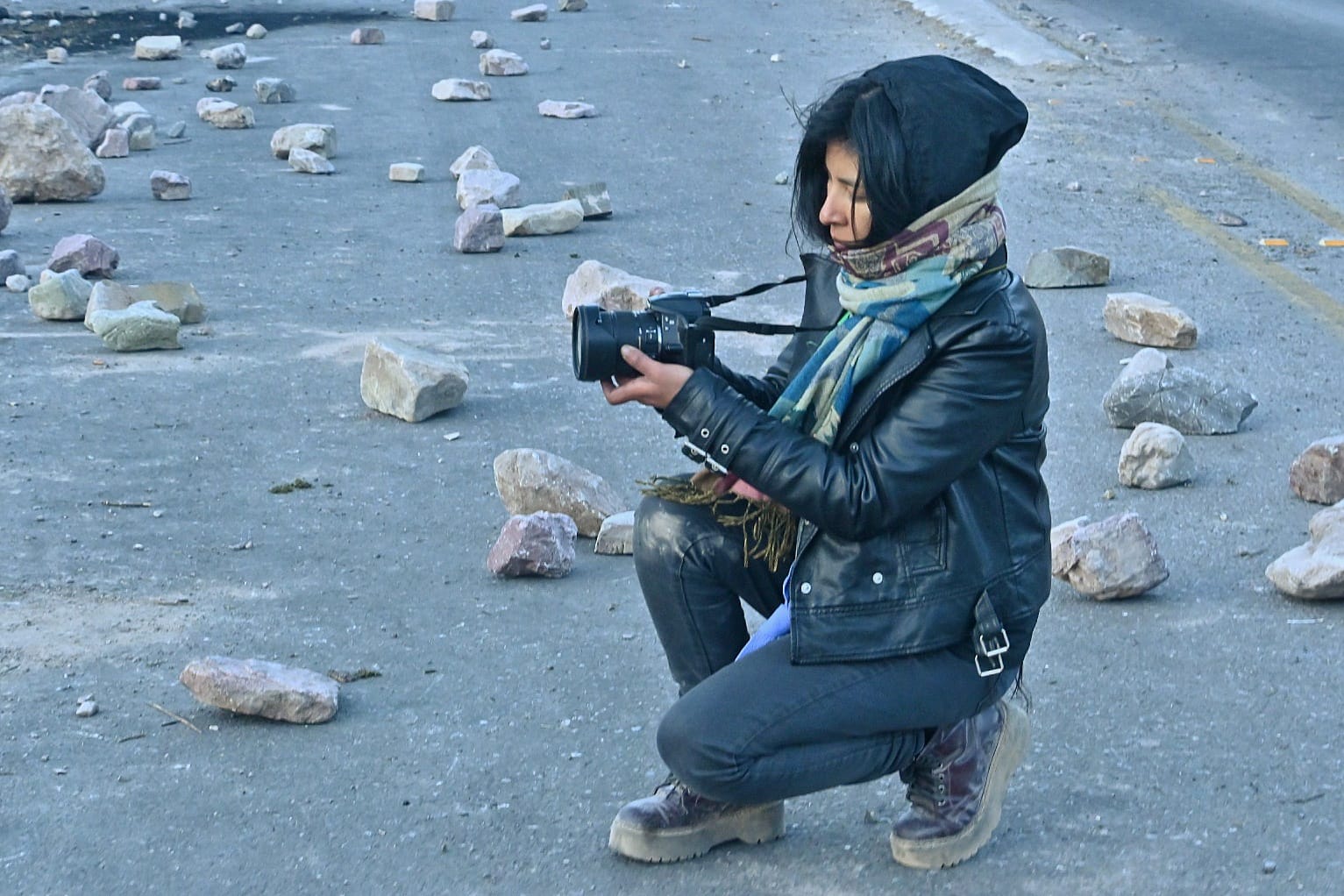
Recent primary elections in Argentina put the ultra-conservative candidate, Javier Milei, as the favorite, the same candidate who said he would scratch the government's media budget and who denounced five journalists. In Jujuy, security forces have detained and assaulted journalists covering popular demonstrations.

Registration is open for a new free online course in Portuguese that will teach you how the international legal framework for freedom of expression, access to information and protection of journalists works, with an emphasis on its impact in Brazil. Journalists, lawyers, judges and other judicial operators are invited to register for this course taught by André Gustavo Corrêa de Andrade, a renowned Brazilian expert in freedom of expression.

A legal action that could take Brazil's radio station Jovem Pan off the air has once again fueled the debate on the limits of free speech. The lawsuit accuses the station of disseminating content that undermined the electoral process, incited civil disobedience, and promoted a coup. Experts weigh in on the case, highlighting the compatibility of the prosecution's claims with Brazilian legislation.
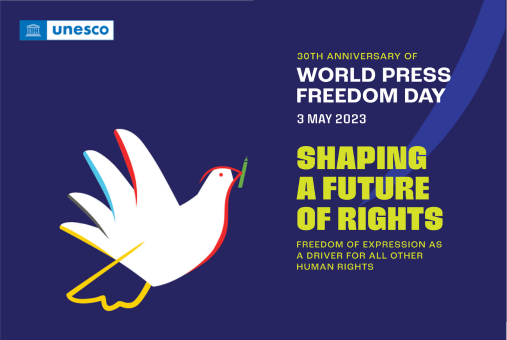
This 2023 marks 30 years since the UN General Assembly proclaimed May 3 as World Press Freedom Day. The main commemoration event will take place in New York, but events will also be held in Latin American countries. The date is an invitation for media professionals to reflect on press freedom and professional ethics.

In a panel at UT Austin, four Venezuelan journalists recounted their experiences of persecution and survival during two and a half decades in a country that is no longer a democracy, where print newspapers are lacking and the official media have become hegemonic.
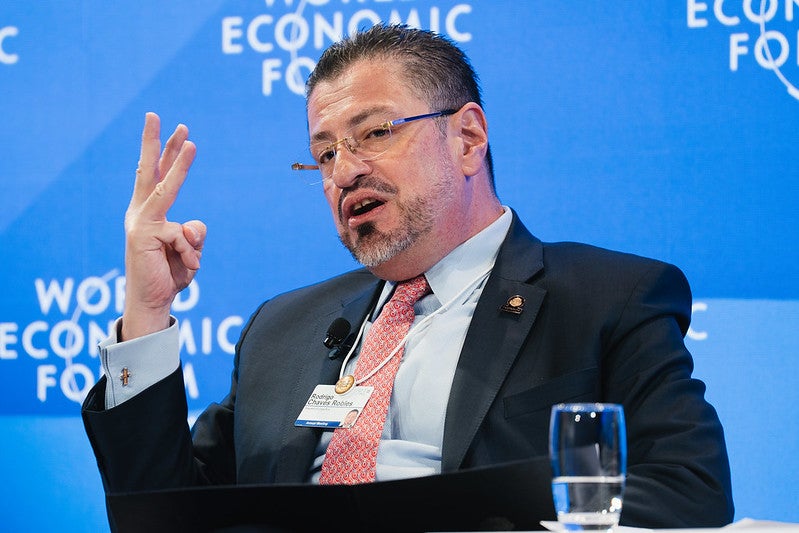
In a series of unprecedented events in the 'Switzerland of Central America,' Rodrigo Chaves uses authoritarian rhetoric and the state apparatus to persecute independent media. Defenders of free speech and journalists believe democracy will survive, but see risks of violence.
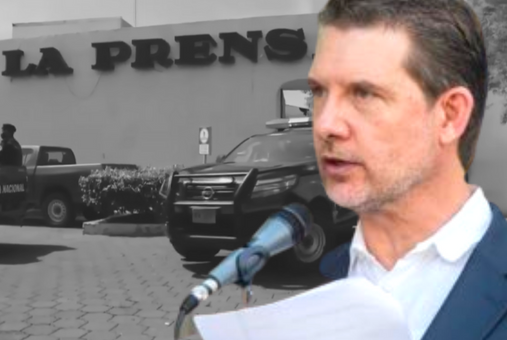
Juan Lorenzo Holmann, former general manager of the newspaper La Prensa, is convinced that the newspaper, which is under siege by Daniel Ortega's regime, will rise up as it has done at other times in its history. He also hopes to be reunited with his wife in Nicaragua, from where he was deported to the United States along with more than 200 political prisoners.
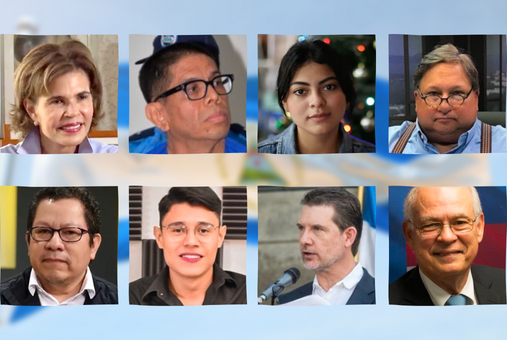
At least eight journalists, media entrepreneurs and journalism students were among the 222 political prisoners released and exiled to the United States, while Daniel Ortega's regime threatens to strip away their citizenship and rights as Nicaraguans.